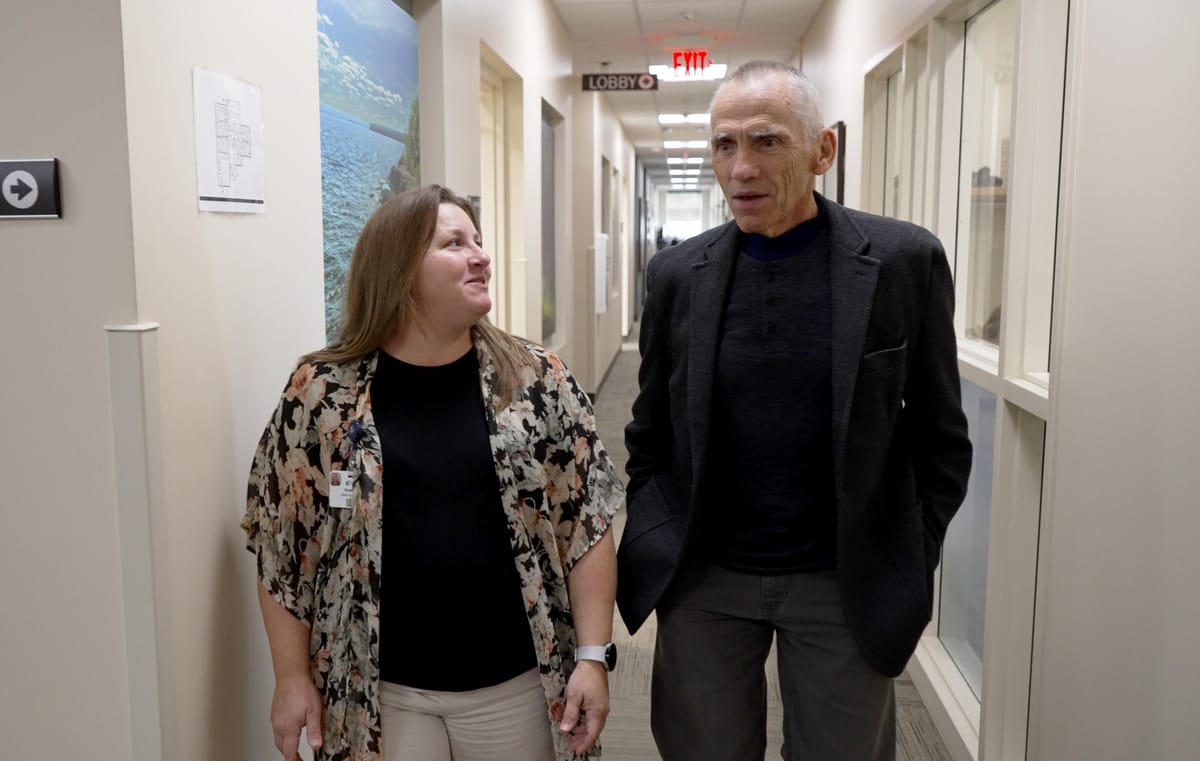Aspirus Health: Tips on avoiding opioid misuse
“Often, over-the-counter medications like acetaminophen or ibuprofen can be more effective than opioids.”

The opioid crisis has undergone a dramatic transformation over the past decade, shifting from an issue primarily related to prescription painkillers to a broad public health emergency now driven by heroin and the highly potent fentanyl.
According to recent data from the Centers for Disease Control and Prevention, synthetic opioids, primarily fentanyl, were involved in nearly 70 percent of all opioid overdose deaths in 2023, underscoring the severity of the current crisis.
Opioid Awareness Day on Friday is an opportunity to reflect on the ongoing crisis and commit to safer pain management practices.
"The opioid epidemic began with excessive painkiller prescriptions, partly driven by aggressive pharmaceutical marketing," said Kirk Klemme, MD, Addiction Medicine Physician at Aspirus Health. "As regulations tightened, heroin use surged, and now fentanyl, which is incredibly potent and deadly, dominates the crisis."
In response to this evolving crisis, Dr. Klemme advocates for a bio-psycho-social approach to pain management, which addresses the physical, psychological, and social aspects of a patient’s condition.
“Exercise, weight loss, and addressing trauma are important,” he advises. “Opioids should be considered a last resort due to the risks of tolerance, dependence, and addiction. Often, over-the-counter medications like acetaminophen or ibuprofen can be more effective than opioids.”
When an opioid prescription is deemed necessary by a health care provider, vigilant monitoring for early signs of misuse is essential. Behaviors such as seeking early refills, hoarding pills, or obtaining drugs from non-prescribed sources can be red flags.
“We closely monitor these indicators through pill counts and unexpected follow-up appointments,” Dr. Klemme said.
Addressing the stigma surrounding addiction is key to fostering a supportive environment for those in need.
“We all face struggles, and addiction is no different. It’s important to support individuals seeking help and assist them in their recovery journey with compassion,” said Dr. Klemme.
Source: Aspirus Health press release